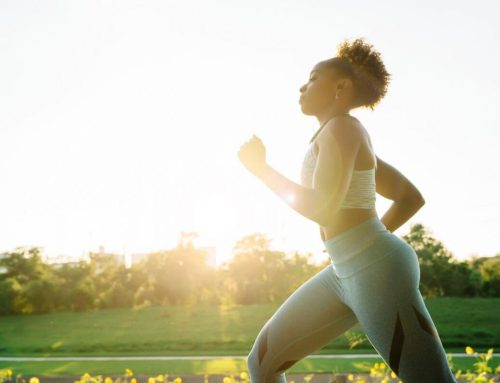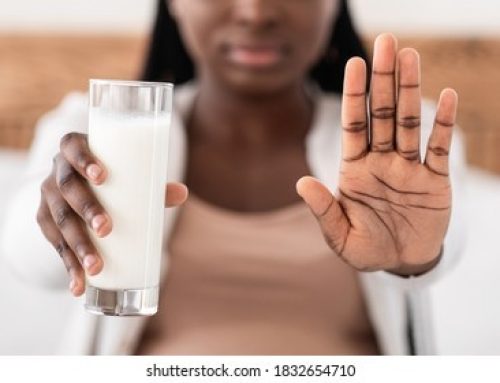The Corona Vaccine from the BioNTech/Pfizer vaccine (brand name: Comirnaty) prevents disease from the coronavirus. It is 95% effective.
Protection and safety
The Corona Vaccine has been extensively assessed for efficacy, safety and quality by the European Medicines Agency (EMA) and the Medicines Evaluation Board (MEB). And it has been tested on tens of thousands of people. This vaccine protects against the coronavirus in 95% of cases . This means that out of 100 people who would get COVID-19 without a vaccine, only 5 people will get COVID-19 after vaccination. The vaccine also works in the elderly and at risk groups, such as people with:
- asthma;
- chronic lung diseases;
- diabetes mellitus;
- high bloodpressure;
- obesity (BMI over 30).
Waiting time of 14 days until proof of vaccination
It takes about 7 days from your second injection until you are protected against corona. It may also take a little longer. Therefore, from Saturday 10 July 2021, a waiting period of 14 days will apply to everyone who has been fully vaccinated before receiving a vaccination certificate. According to research, people are optimally protected 14 days after the second shot.
Pregnant women
RIVM advises all pregnant women to be vaccinated with an mRNA vaccine the moment they receive a call. BionTech/Pfizer is an mRNA vaccine. See the pregnancy and corona vaccination page for more information.
2 shots needed in 4 weeks
You need 2 shots with this vaccine to be well protected against the coronavirus.
2nd shot after 28 days
You will receive the 2nd shot 28 days after the 1st shot. This will take effect on August 2, 2021. Previously, the period between the 1st and 2nd injection was 6 weeks.
2nd shot young people 12 to 17 years old after 21 days
From 20 July 2021, for young people aged 12 to 17, there is a minimum of 21 days between the 2 injections.
Advance 2nd shot
Have you already made an appointment for a second injection? Anyone aged 18 and older can advance the appointments already scheduled for the second vaccination by 1 week. It concerns appointments for a second injection that were made in the weeks after Monday 16 August. The people concerned will receive a text message from the GGD. Then you can call 0800 – 7070 to bring your 2nd appointment forward . Not getting in touch? Then the old appointment continues.
Side Effects of the Corona Vaccine the BioNTech/Pfizer Vaccine
The most common (mild) side effects are:
- redness;
- pain; and/or
- swelling
at the injection site.
Other side effects that are less common include:
- muscle and joint pain
- fatigue;
- headache;
- cold shivers;
- elevation.
Inflammation of heart muscle and pericardium
In very rare cases, inflammation of the heart muscle (myocarditis) and the pericardium (pericarditis) can develop after a shot with the corona vaccines from the Corona Vaccine BioNTech/Pfizer or Moderna. Complaints are shortness of breath, chest pain and palpitations. In case of these complaints it is recommended to always contact your doctor. The complaints usually go away on their own or they can be treated well with medication.
It is a very rare side effect. Until 9 July, 16 reports of myocarditis and 42 reports of pericarditis were made in the Netherlands after vaccination with the vaccines from BioNTech/Pfizer and Moderna. Millions of shots have been taken with these vaccines in the Netherlands.
The fact that the symptoms occur after vaccination does not mean that the vaccine is also the cause. Myocarditis and pericarditis occur in 1 to 10 people in 100,000 each year. Infectious diseases, such as COVID-19, can also cause these complaints. Read more about myocarditis and pericarditis on the website of the Medicines Evaluation Board and the website of Side Effects Center Lareb .
Leaflet and explanation about the Corona Vaccine BioNTech/Pfizer
The official patient information leaflet for the BioNTech/Pfizer vaccine can be found on the MEB website . The MEB also has a version of the BioNTech/Pfizer package leaflet in understandable language .
mRNA vaccine
BioNTech/Pfizer’s corona vaccine is a so-called ‘ mRNA vaccine ‘. The vaccine contains a piece of genetic information: the mRNA. This mRNA ensures the production of a characteristic protein of the coronavirus: the spike protein. Pieces of this protein are recognized by the immune cells in the body. In response to this, the body produces antibodies. Will you come into contact with the coronavirus afterwards? Then those antibodies protect the body. This means that the chance that you will become ill from the virus is small.
No change to own DNA
The mRNA vaccines cannot get to the DNA and therefore never change your genes. The body then breaks down the vaccine on its own.
Vaccine also works if virus changes (mutation)
The vaccines also work when the virus changes. For now, there is no evidence that the vaccination does not protect against the new mutations of the coronavirus. Like the new delta variant. According to studies, all vaccines (BioNTech/Pfizer, Moderna, Janssen and AstraZeneca) protect well against serious illness and hospitalization due to the delta variant. The chance that you will be infected by the delta variant is slightly higher. Even if you have been vaccinated. Countries in the world are monitoring whether vaccinations protect against new virus mutations.
Spreading coronavirus after vaccination
Are you fully vaccinated? Then there is a good chance that you will not get sick (or less) after being infected with corona. Although vaccination partly protects against transmitting the virus to others, the chance is not zero.
That is why the same corona measures apply to vaccinated people as to people who have not been vaccinated.





Leave A Comment